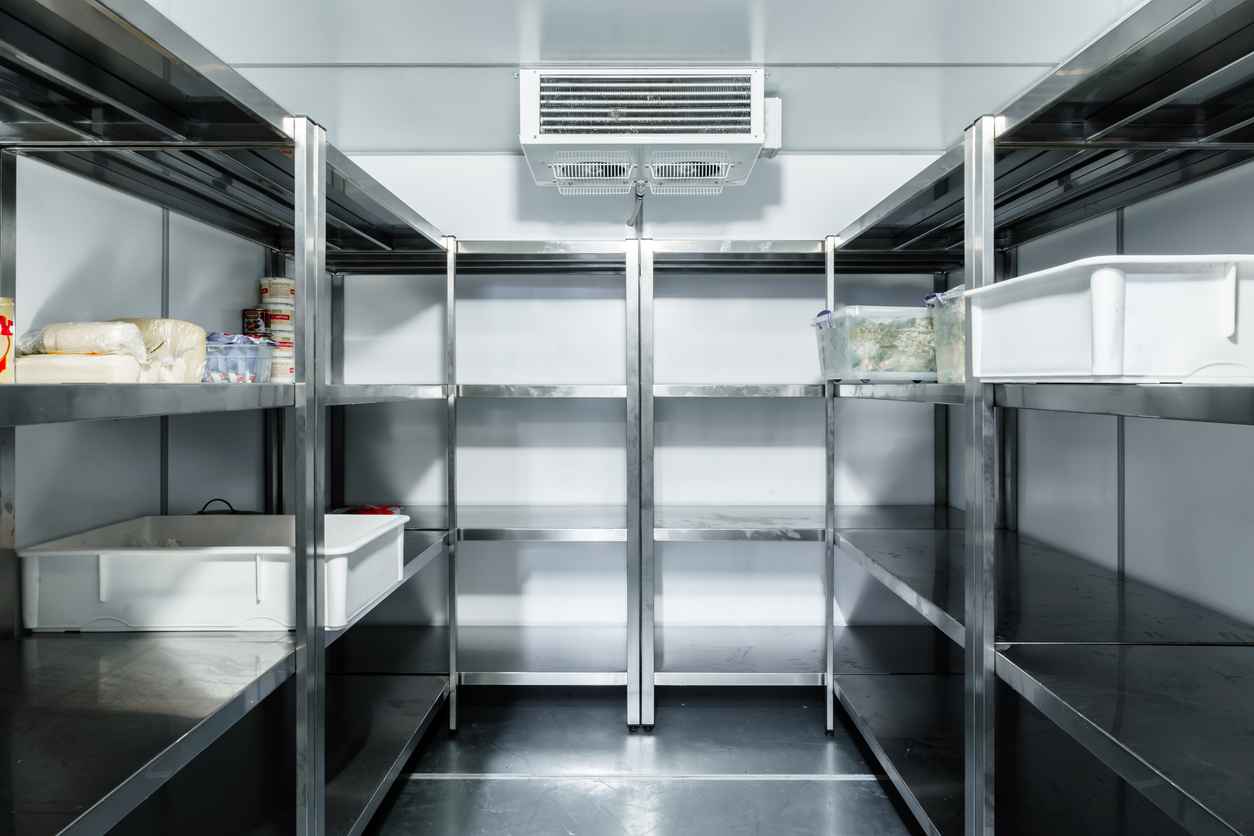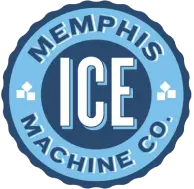proudly serving
the mid-south

Ask the Experts: How Many Watts Does A Refrigerator Use? And Four More Answers to Common Cold Questions
Learn all about recommended cleaning cadence, the history of refrigeration, and even appliance power consumption!
Is it okay to overpack my fridge?
No, is it not okay to overpack. Don’t do it! Cold air needs to circulate throughout your fridge. That’s one of the ways it stays cool and regulates temperature. Failure to circulate air results in food that spoils faster, unpleasant smells, and added stress to your refrigerator when it finally kicks on.
Look, we get it. Frozen dumplings, french fries, and other fun snacks are delicious and worth your money. But just be mindful of how much space you have in your freezer. It’s not a walk-in complete with human-height shelf space. It needs some free space to flow and breathe.
How often should I maintain and clean my fridge?
We know some temperature knobs in your fridge can be a bit confusing. Sometimes manufacturers label them incorrectly, reverse direction, or just label temperature as an arbitrary number. Some modern refrigerators offer direct feedback and data on temperature control and the overall refrigeration environment. That’s great! But for the rest of us, refrigeration temperature is almost like setting your desired toaster time. You start off guessing and eventually do it by feel. It’s almost like refrigerators have their own personality. After over 40 years of dealing with them, we’re inclined to agree.
So what’s the objective refrigeration temperature? The answer is 37 degrees Fahrenheit. Of course, some refrigerators cool differently, so pay attention and adjust your temperatures, depending on whether food is cold or frozen solid in the refrigeration compartment.
What’s the ideal refrigeration temperature?
We mentioned that if you overpack, your fridge is bound to smell funky. That’s because your frozen or chilled food is melting, warming, and refreezing over and over. That process breeds bacteria and accelerates the decomposition of food. That means you’ll want to clean your fridge shelf and inspect food quality and safety often, even if you don’t overpack. Better safe than sorry.
Generally speaking, we recommend you check your fridge for issues on a weekly basis. We also recommend that you try to take a big sniff of the inside of your fridge once per week as well. You might be surprised by what you sense.
If you’re working in a public restaurant, you should be cleaning and sanitizing your fridge on a daily basis. It’s just not for food safety, but for the safety and health of your staff and your customers. And hey, we even wrote a whole blog about commercial kitchen equipment maintenance. Click here to read it!
Where did modern refrigerators come from?
The birth of refrigeration does not begin with the modern refrigerator. In fact, the appliance we use in our homes and businesses to keep things cold and frozen didn’t become a global household staple until around 100 years ago. Before the dawn of the fridge age, society had various natural and manufacturing methods to make, source, and store ice for daily use.
Long story short, modern refrigeration was developed by some of the brightest minds of the last 200 years, and resulted in decades of testing and optimizing revolutionary vapor compression technology and evaporative cooling. One key fact always stands out: in major civilizations of history, people discovered ways to store and preserve food using ice and cooling.
We think the history of refrigeration is fascinating, which is why we wrote a two-part deep dive on it. If you’re here reading this blog, we’re sure you feel the same.
Click here to read part one: The Birth of the Refrigeration
Click here to read part two: How Everyone Ended Up With a Fridge!
How many watts does a refrigerator use?
As with most things, it depends. Your average refrigerator wattage ranges from 100 to just over 400 watts. However, in some cases, that number can rise to nearly 700 watts. Appliance wattage is important because the higher the wattage use, the more expensive the appliance can be to run.
Here are a few variables that impact wattage use:
- How often are you opening your fridge? Think about what you need before you open!
- The warmer your home is, the more your fridge needs to run to stay cold.
- Setting lower temperatures will result in longer running times.
- Freezers will consume more power and require your fridge to turn on more often.
For specific information about your refrigerator’s make and model, refer to the yellow power guide label on your unit or your user manual. If those labels are confusing to you, don’t worry: click here to read this helpful resource from Kompulsa that breaks down everything you need to know about energy consumptions in modern refrigeration.
Learn, maintain, and repair with Memphis Ice
Every week, we share helpful, informative, and entertaining blogs about ice and all things refrigeration! If that sounds like your cup of ice!
And if you’re in need of maintenance or repair services, we’ve got you covered. Winter is on the way, and it’s time to winterize. If you’re not prepared, you could experience a surprise bill during the colder months and Spring season. Click here for more information about our on-site maintenance program, as well as our robust in-shop repair services!
Recent News
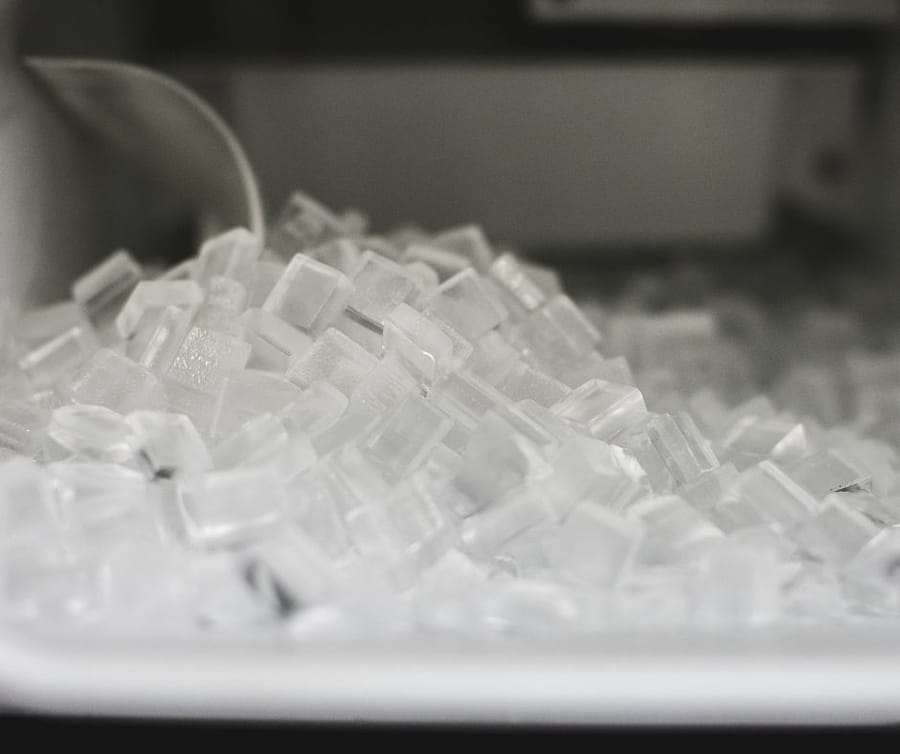
Event Season in Memphis: Why Ice Machine Rentals Are a Must-Have

Bar Limina Brings World-Class Cocktails—and Ice—to Memphis
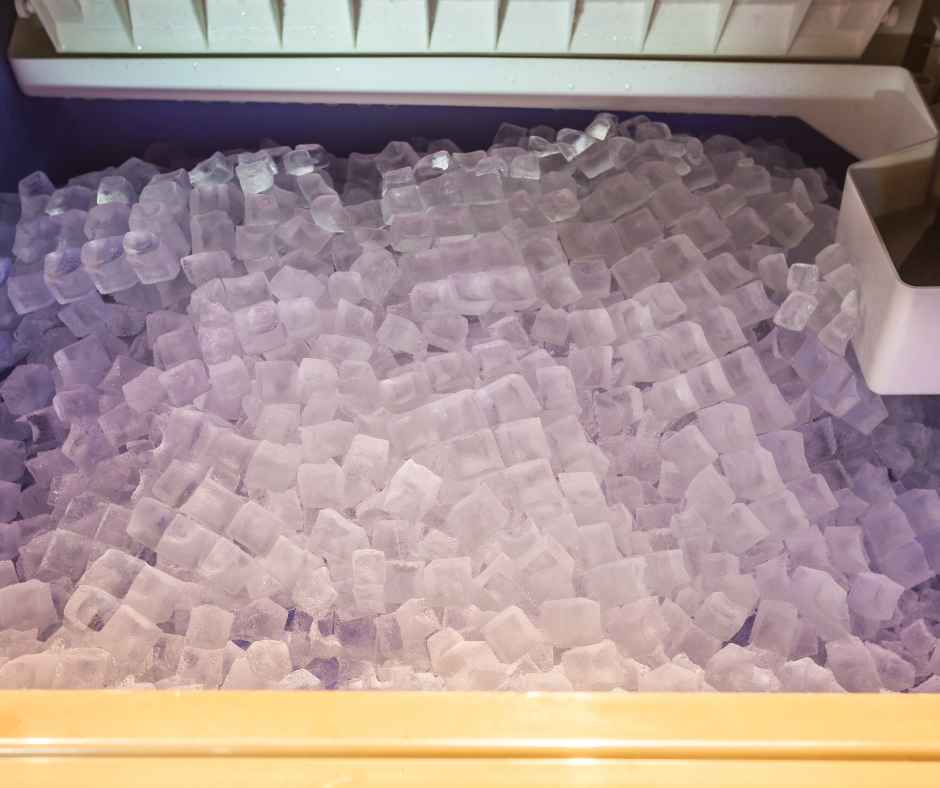
Why Should You Spring Clean Your Ice Machine?
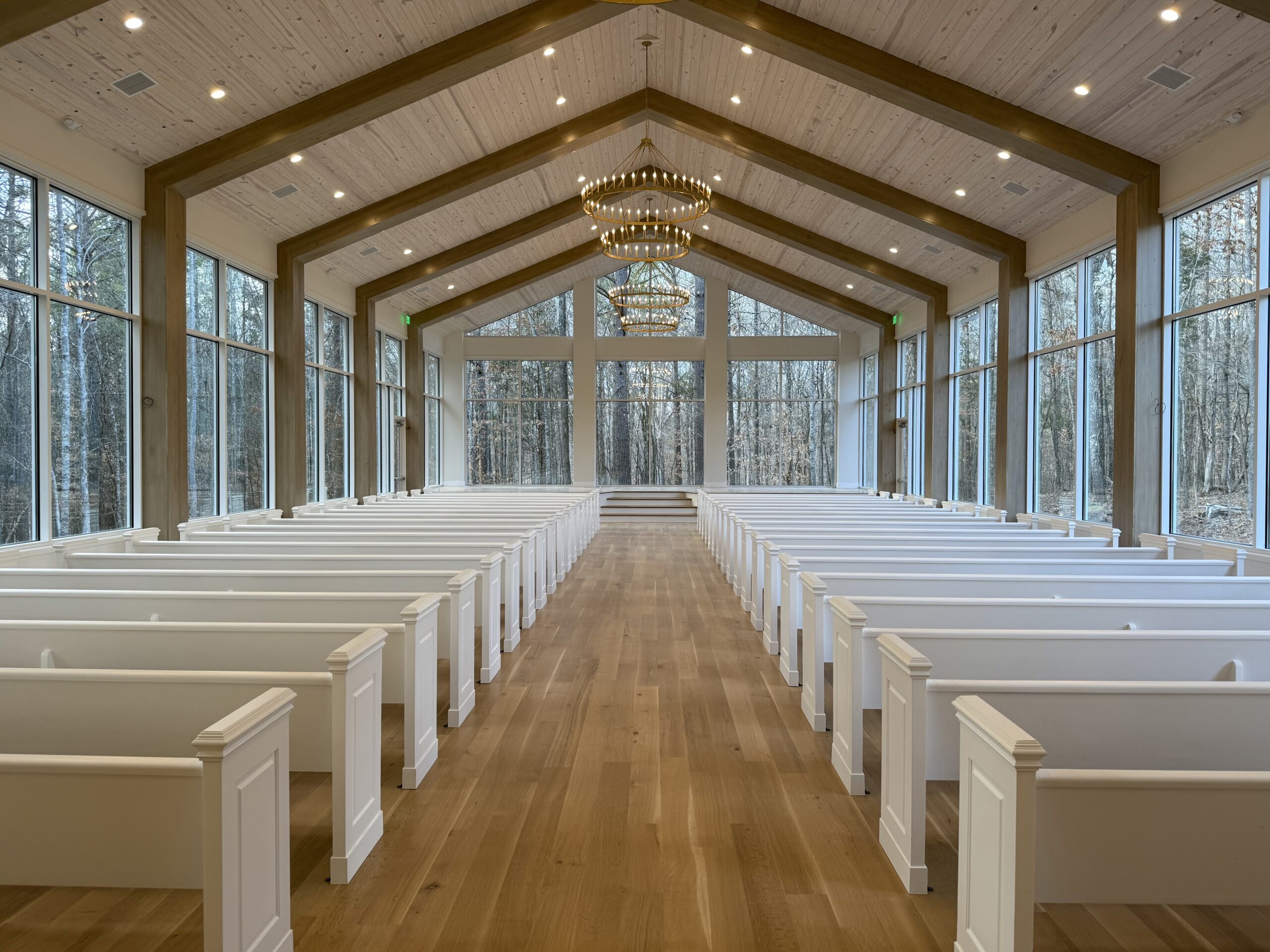
Keeping Celebrations Cool at Oxford’s Newest Event Venue
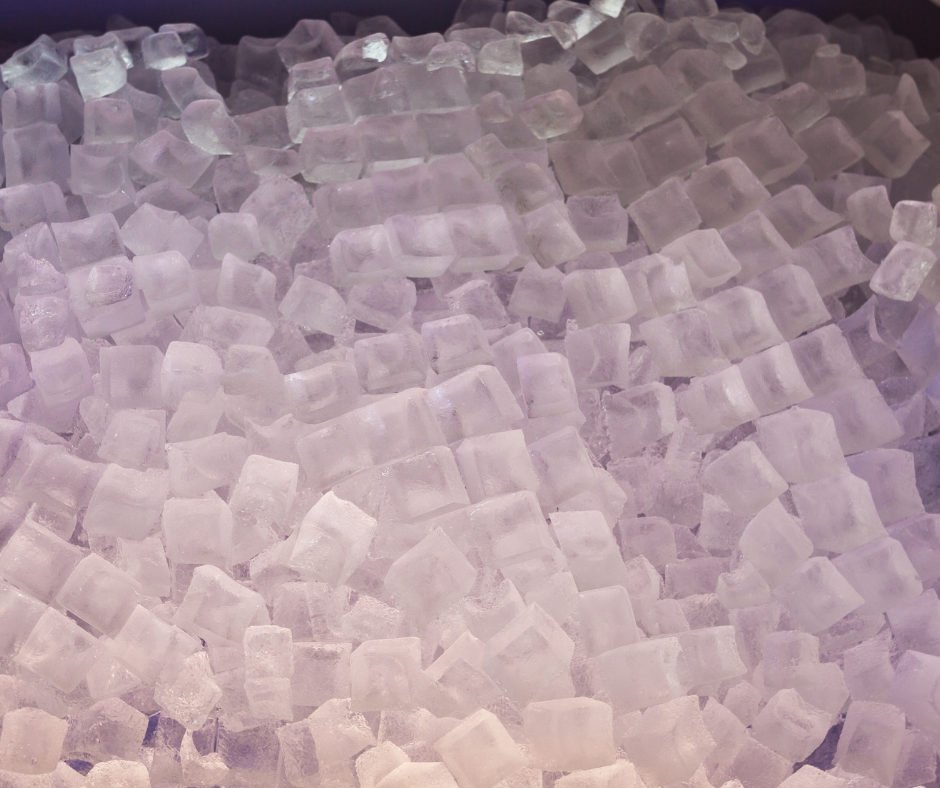
What Are the Hidden Costs of Poor Ice Machine Maintenance?
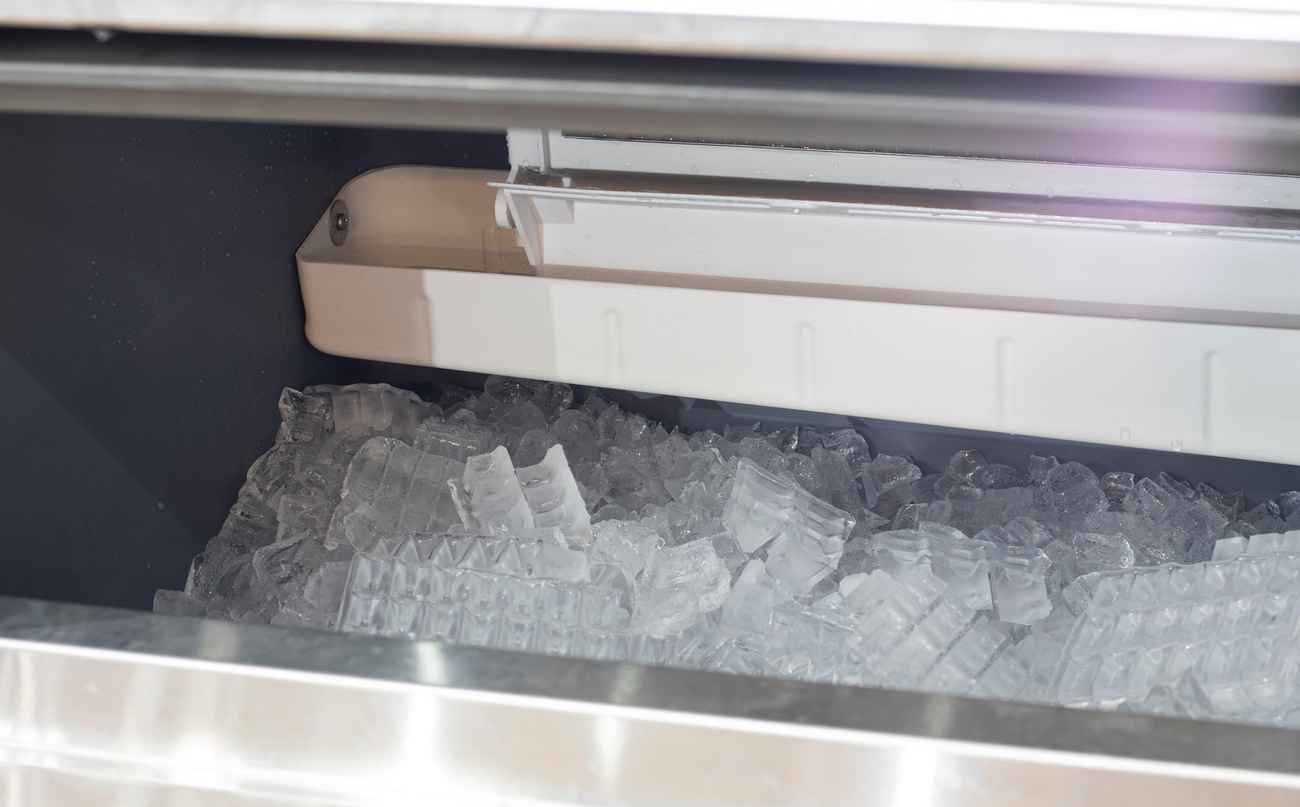
How Does an Ice Machine Work?
